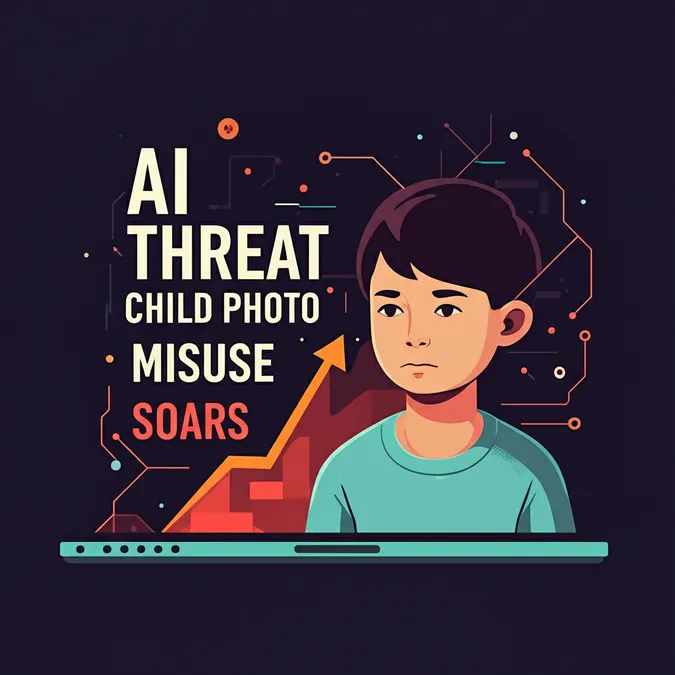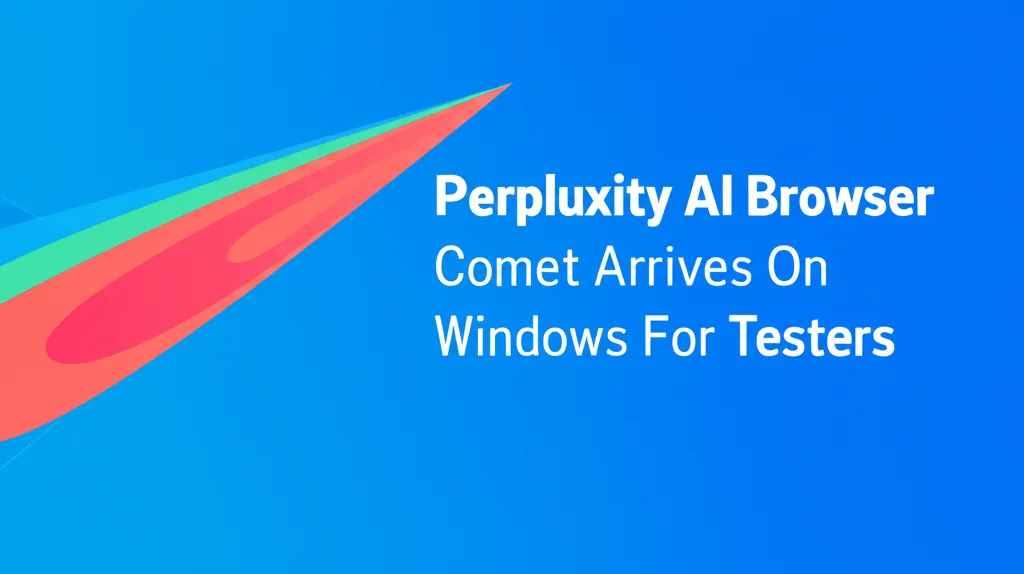Developer Offer
Try ImaginePro API with 50 Free Credits
Build and ship AI-powered visuals with Midjourney, Flux, and more — free credits refresh every month.
AI Is Tricking Your Brain With Fake Memories
The AI Memory Maze Can You Spot The Real
You might have encountered videos online showing well known figures like Donald Trump and Elon Musk in unusual situations, perhaps acting out scenes from the TV show 'Breaking Bad' or dancing to the Village People’s song 'YMCA' at a New Year’s Eve celebration.
Here’s the catch: one of these events actually occurred, while the other is a fabrication crafted by artificial intelligence (AI). You might recall both, but can you confidently distinguish the real event from the AI generated one? For clarity, the dancing at the New Year's Eve party was a real event.
Clips generated by AI pose a significant risk of merging with our memories of real world events. This problem is likely to intensify as AI video technology becomes more advanced, making it harder to tell fact from fiction.
How Your Brain Stores And Sometimes Loses Memories
In psychology, the 'source monitoring framework' helps us understand the mental processes we use to determine where our memories come from. This framework suggests that the origin of a memory is recorded as a piece of information, encoded alongside other details of our experience.
However, the 'tag' indicating the memory's source can fade over time, even if other aspects of the memory remain clear. This separation between a memory’s content and its source occurs frequently. Consider how often you recognize an actor's face on screen but struggle to recall other films or TV shows you've seen them in, despite their familiarity.
 Many of us hold on to fragments of memories, but forget whether they're real, from a dream or imagined - Credit: Gary Yeowell via Getty
Many of us hold on to fragments of memories, but forget whether they're real, from a dream or imagined - Credit: Gary Yeowell via Getty
The Science Of Implanting False Memories
These common memory failures also shed light on how easily 'false memories' can be formed, a phenomenon extensively studied in the research of Professor Elizabeth Loftus. She found that when certain ideas are suggested to us by others, we visualize them in our minds. Later, we may forget the initial source of these ideas. Consequently, these suggested notions can be mistaken for events that genuinely happened to us.
Based on Loftus’s findings, it seems highly probable that AI will be capable of implanting numerous false memories into our minds. This risk is particularly pronounced if we consume AI generated content in settings similar to where we access real news and information.
Safeguarding Reality The Need For Clear AI Labeling
As such, it's crucial to have serious discussions about how AI generated content is branded and presented. Clear labeling is essential to help us remember that such content is not real, thereby protecting the integrity of our memories.
Get Involved And Learn More
Do you have questions about AI, memory, or other science topics? You can submit your questions by emailing questions@sciencefocus.com, or by messaging the team on Facebook, X (formerly Twitter), or Instagram. Don't forget to include your name and location.
For more fascinating science insights, check out this ultimate fun facts page.
Dive Deeper Into AI And Memory
Read more on related topics:
Compare Plans & Pricing
Find the plan that matches your workload and unlock full access to ImaginePro.
| Plan | Price | Highlights |
|---|---|---|
| Standard | $8 / month |
|
| Premium | $20 / month |
|
Need custom terms? Talk to us to tailor credits, rate limits, or deployment options.
View All Pricing Details

